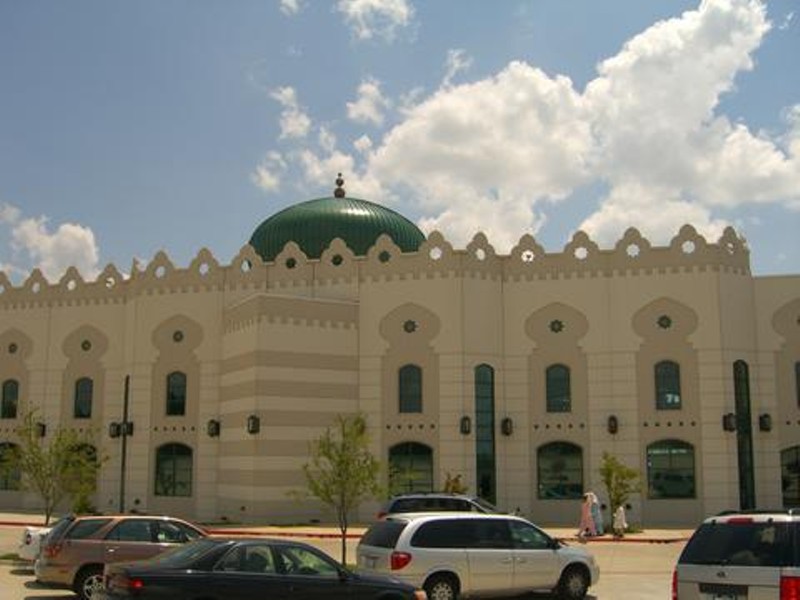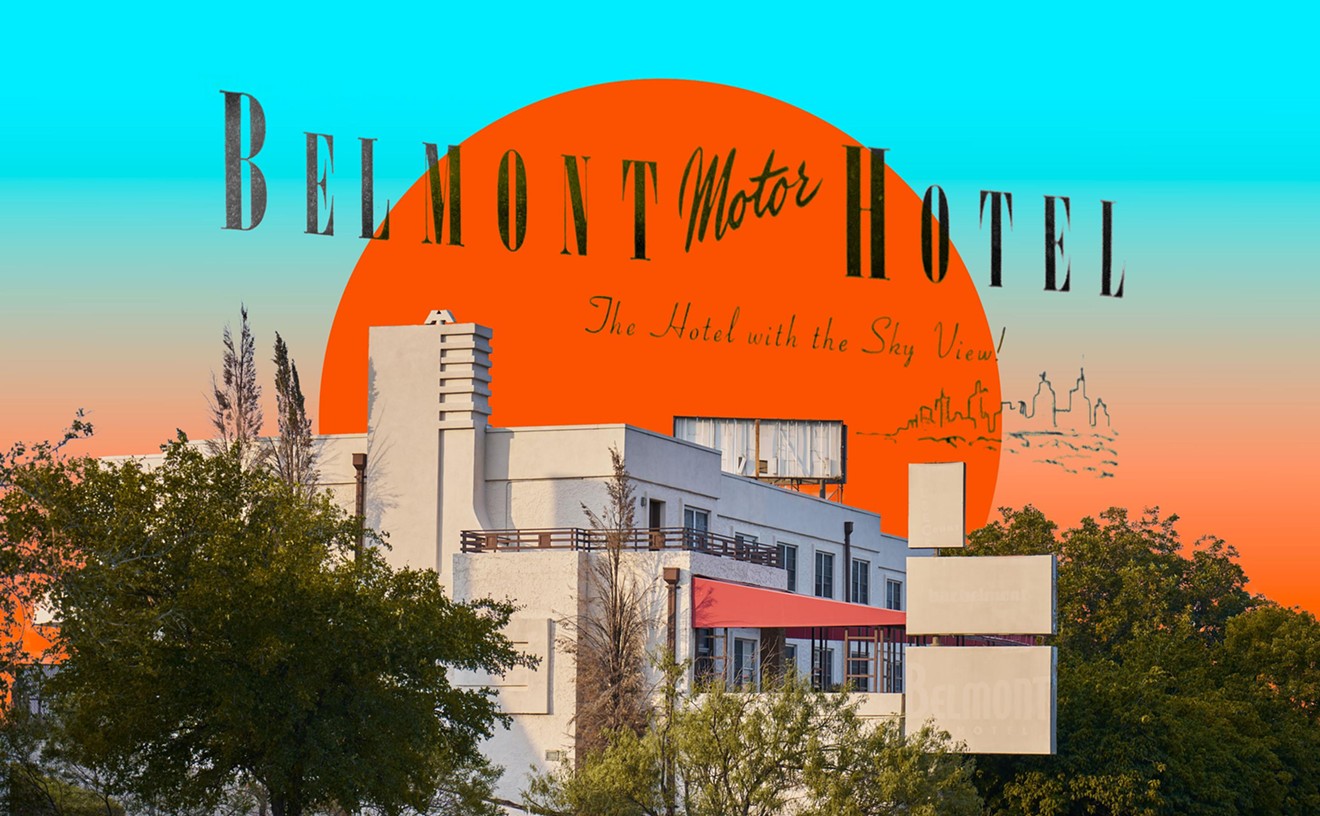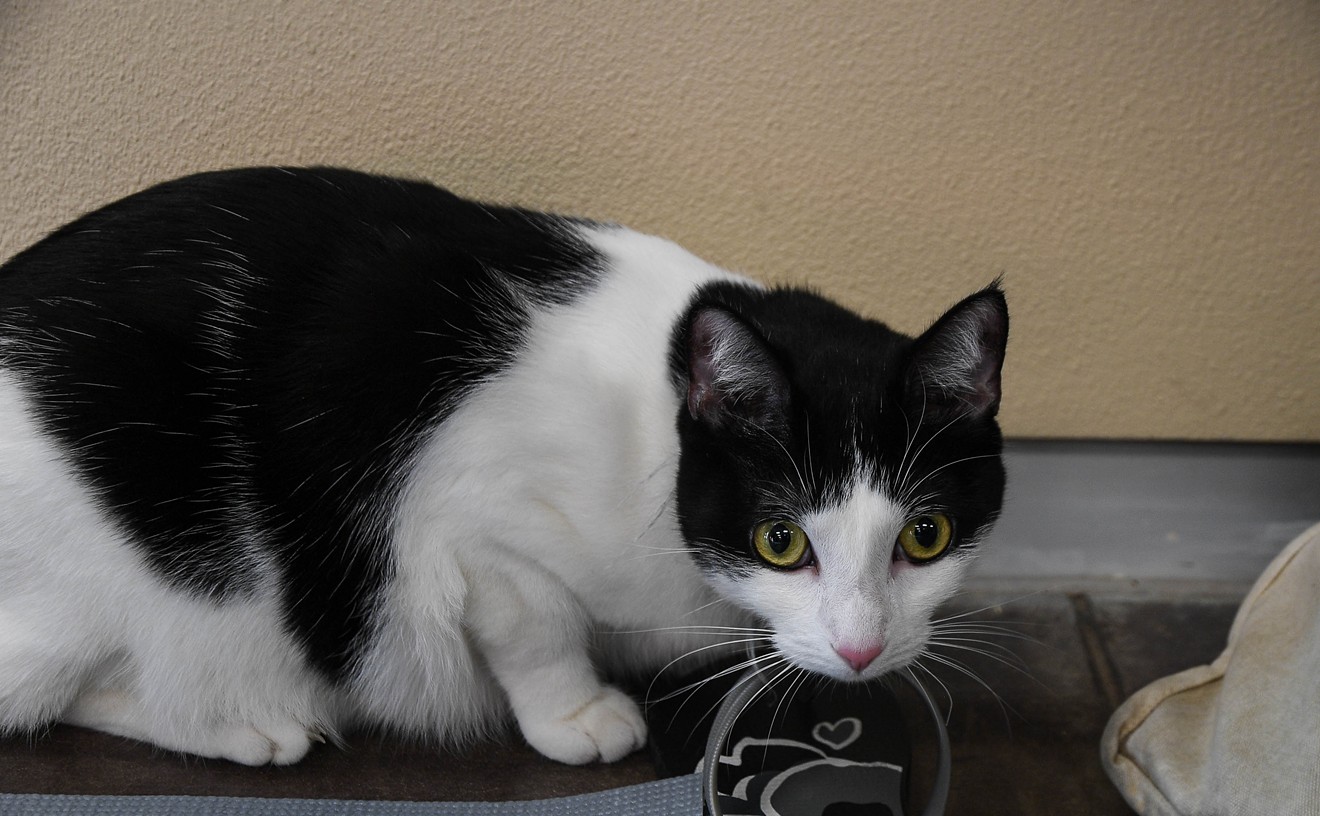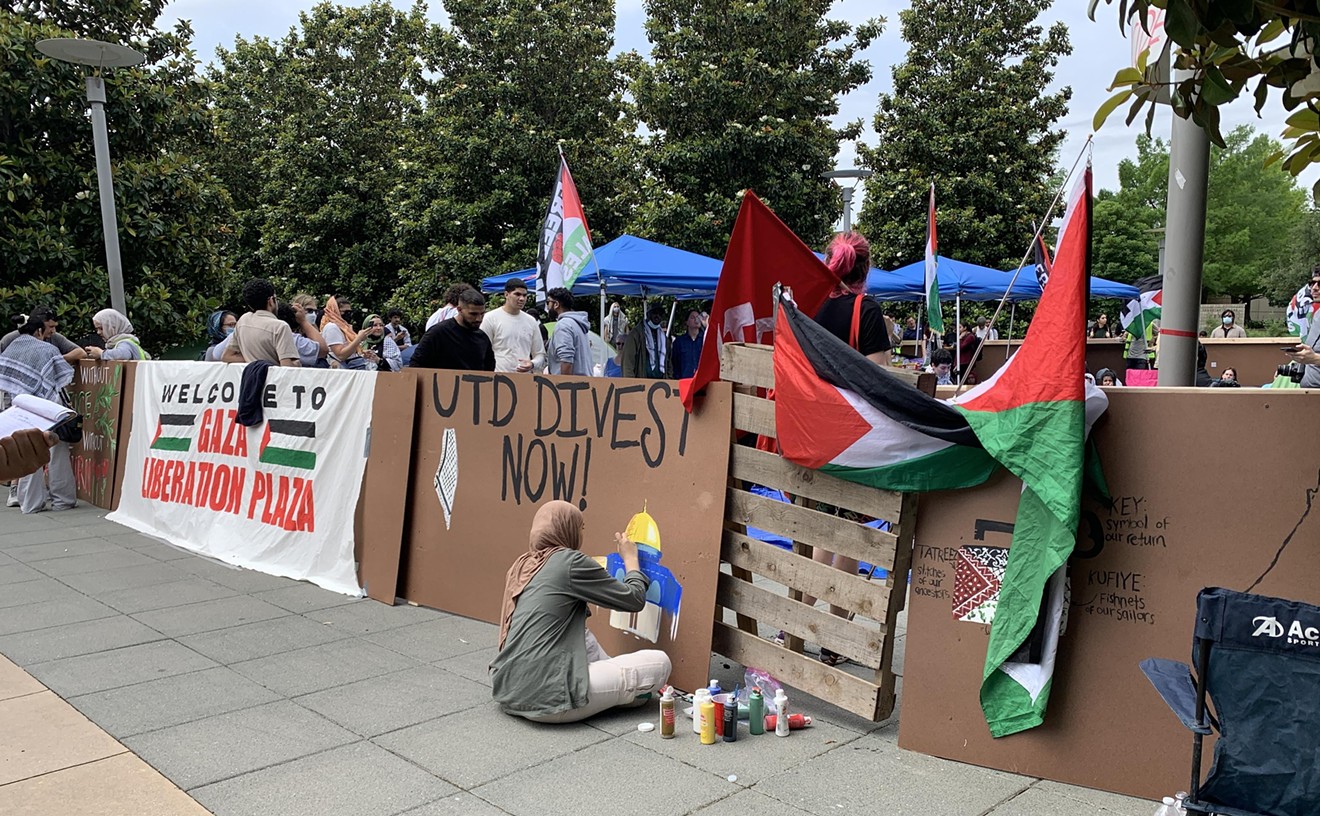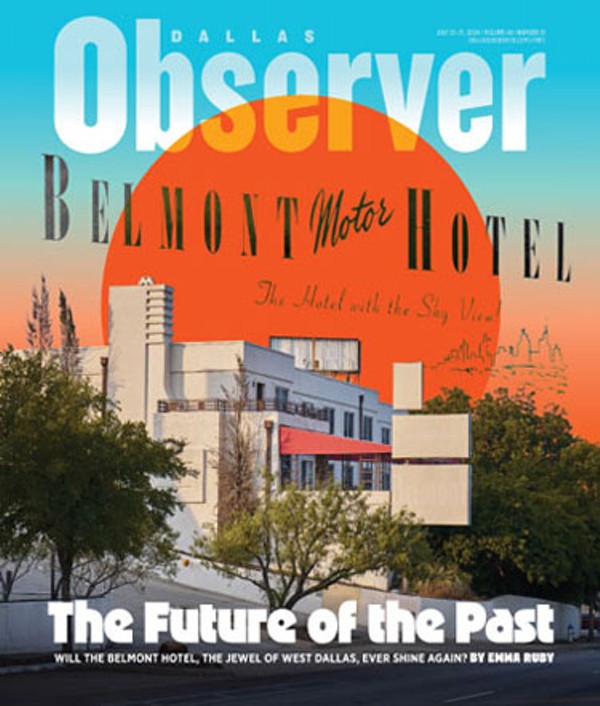More than 60 McKinney residents flooded the chambers of a city Planning and Zoning Commission meeting earlier this month, the majority of whom spoke against a proposed mosque that would sit adjacent to their neighborhood.
A rezoning application submitted by the McKinney Islamic Association would allow for the construction of a 37,000-square-foot mosque on five acres at the corner of Virginia Parkway and Crutcher Crossing. Residents of the Stone Brook Crossing neighborhood said Crutcher Crossing is one of only two entrances to their community, and recent developments have already led to an increase in traffic and street congestion. A worship center would add to that strain, many speakers said while voicing their opposition.
The commission recommended that the rezoning request be denied, which would take a City Council supermajority to overrule. While the mosque’s zoning is supposed to appear on the council’s Aug. 6 agenda, Samad Syed, president of the McKinney Islamic Association, is trying to remove the request for the time being.
“We were shocked and surprised about the amount of opposition that we saw on that night. We didn't expect that because a day before we had a Zoom call with the [Stone Brook Crossing] HOA, and there were four or five people who showed up,” Syed told the Observer.
‘A Lot of Misconceptions’
Religious assembly is currently allowed under any McKinney zoning type, but the zoning on the plot of land purchased by the association in November 2022 currently caps buildings at 15,000 square feet. The group could move forward with a plan for three, 15,000-square-foot buildings on the property, but the planned 37,000-square-foot facility would be more cost-effective, Syed said.
The single building would also be more visually “cohesive,” said Rick Brown, the architect for the mosque, during the commission meeting. Multiple residents spoke of their concerns that a large facility would be unappealing to look at and drive down property values. At least four speakers threatened to sell their homes if the mosque is built.
“The population of the community … it’s primarily Christian,” one speaker said. “So I think a lot of the community residents would find this, I don’t want to say an eyesore, but an eyesore.”
While most McKinney zoning types do impose height restrictions on buildings, exceptions are built into each for religious uses such as a church steeple or a mosque dome. The association’s planned mosque does have a dome that would be around 45 feet tall, but the sloping ground would help level out the height, Brown said.
Many speakers shared concerns about the site not being equipped to handle parking demands, resulting in cars overflowing into the narrow streets of the neighborhood. Syed said the group is currently expanding to a new mosque because of a lack of parking at their current facility, three miles south of the proposed site. Other neighbors’ worries included the building’s impact on a nearby creek and the privacy of homes that back up to the land.
But some comments bordered on blatant islamophobia — such as one resident who worried his children would be indoctrinated after walking past a mosque — and ignorance — like the resident who commented that the month of Ramadan would be a “nightmare” because of traffic.
Rev. Mally Baum, a senior pastor at Trinity Presbyterian Church in McKinney, urged the chamber to be open-minded about the zoning request. During her time to speak at the meeting, she shared that her 100-year-old, military Veteran father “wasn’t so sure about the Muslims” before she took him to an Iftar dinner, the evening meal during Ramadan.
“He and Abdul, a colonel in the Iraqi army who was forced to flee with his family because of their cooperation with the U.S. during the Iraq war, were fast friends. We’ve spent many Thanksgivings together.” Baum said. “If you are frightened about the unknown or the unfamiliar, I can promise you that your lives will be enriched by the addition of these gracious and conscientious citizens.”
Baum’s church sits less than a half-mile from the site of the proposed mosque, on the main road that runs outside the Stone Brook Crossing neighborhood.
The Path Forward
After several commissioners voiced their concerns for the building’s size, the rezoning application was unanimously denied. While a supermajority vote of the City Council could push the request through, Syed plans to slow things down by pulling the agenda item to make time to finalize a site plan, conclude a traffic study and hold neighborhood meetings.
In 2023, traffic counts were completed on Virginia Parkway, so the city should be able to move forward with estimates on the mosque’s impact to traffic. The city's Assistant Director of Engineering Matt Richardson said McKinney does not currently have much data on the traffic patterns surrounding mosques, so information from other cities will be considered.
Syed is optimistic, even if he was blindsided at the Planning and Zoning commission meeting. He said the McKinney Islamic Association has organized a team to help educate neighbors on their community. Other facilities at the mosque, such as a gym, food pantry and personal growth classes, will be open to the public regardless of religious beliefs.
“There’s a lot of misconceptions, misinformation,” Syed said. “I do feel that most of [the neighbors] are good-hearted people with their concerns, and we respect those and we'll try to answer those. There'll always be people who don't like you, and I don't think we can do anything about that, but our job is to educate and tell people who we are and try to be good neighbors.”

